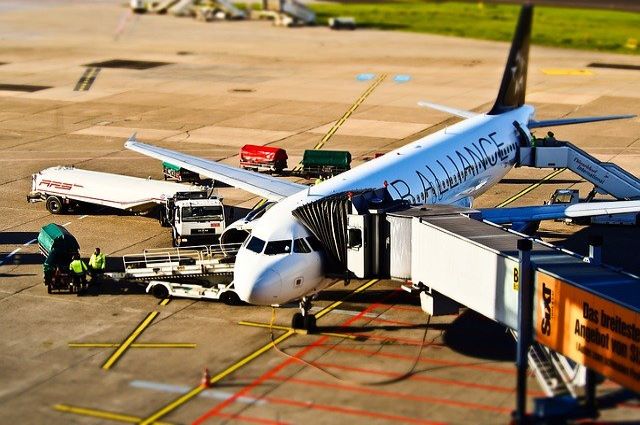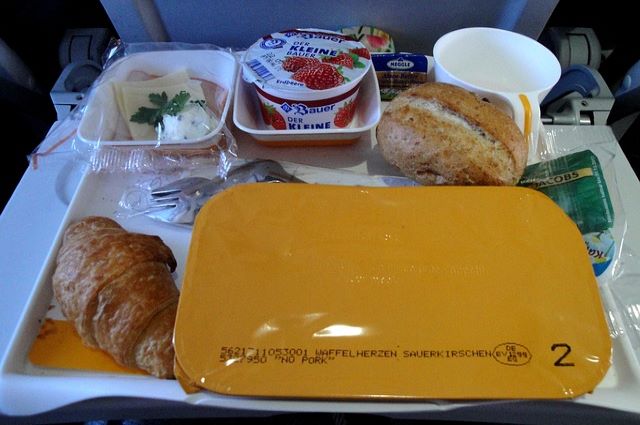How the Pandemic Could Give Sustainable Travel a Boost
The pandemic has halted travel as we know it for more than a year — and for the foreseeable future. After scientists found a new variant of the novel coronavirus in the United Kingdom, South Africa, the Netherlands, and Denmark, many countries tightened travel restrictions and locked their borders again to protect their citizens.
With the skies clear of air traffic and many cities looking like ghost towns, people are beginning to rethink how, when and why they travel.
When the pandemic is over and we’re finally ready to travel again, the industry might have a brand-new look. Here’s how the coronavirus could give sustainable travel a boost and give everyone a new perspective.
Fly-Free Days and Eco Packaging
After 2020, it’s safe to say air travel will likely never be the same. Now that many companies have transitioned to virtual meetings and remote work, there isn’t as big a need for corporate travel. In a post-pandemic world, some countries might mandate fly-free days and other measures to control climate change.
If connections remain remote, these changes won’t make a huge difference to humans. However, they would make a significantly positive impact on the environment.
Airlines might also consider new packaging for in-flight meals, beverages and other products. Manufacturing just one pound of polyethylene terephthalate can generate up to three pounds of carbon dioxide. Unfortunately, most packaging and single-use items are made of PET, and their heightened production during the pandemic isn’t doing the planet any favors.
Airlines can make more sustainable choices by using eco-friendly or compostable packages and products.
Biofuel and Electricity
Some airlines are also making the switch to biofuels. More than 30 airlines are trialing or already deploying this more sustainable fuel option. Meanwhile, innovators are working on advanced biofuels, a new category of fuel that would cut emissions by at least 50% compared to petroleum-based fuels. Unfortunately, biofuels are made of plants, which require more farmland than we have to spare.
Thus, airlines may also begin looking to electricity to fuel their fleets. Of course, electric planes will need better batteries if electric flights are to become mainstream in a commercial market. Luckily, engineers are already tackling battery problems, with some already building a 180-seat electric jet that can fly for 500 kilometers (310.6 miles).
Diversified Destinations and Meaningful Journeys
While eco-friendly products and new technologies can positively impact the planet and reduce emissions, people will have to rethink their travel habits if they want to see lasting changes. Luckily, the pandemic has encouraged many people to diversify their bucket list and consider new, less popular destinations around their hometown. Limiting travel to local destinations could give sustainable travel — like electric vehicles and even carpooling — a big boost.
Many people are also choosing quality over quantity when it comes to taking trips and vacations. Instead of squeezing in as many overseas trips as possible, they’re choosing to travel slowly and enjoy the journey, and to travel for passion rather than a paycheck.
This simple decision could make a monumental difference in how travel impacts communities and wildlife in popular travel destinations.
Roadtrip Revival
When the pandemic began to spread around the world early last year, many families found themselves stuck in foreign countries with no way home. Now, many people don’t want to risk that happening again, so they’re staying home and travelling within their country. These fears seemed to fuel our desires for the good, old-fashioned road trip.
Of course, riding around the country in a van, car, or camper isn’t necessarily a carbon-neutral choice. However, it’s a lot more sustainable than flying halfway around the world for a one-week vacation.
Plus, if you carpool or use an electric vehicle, you’ll use less gas and emit an even smaller carbon footprint, which is good news for the environment.
It’s Up to Us
As the pandemic drags on, many more people will alter their travel plans and rethink transportation. Ultimately, their individual choices will determine whether the pandemic will give sustainable travel a long-lasting boost.
Author: Jane Marsh





